10 Professional Mistakes Seafarers Should Never Make Onboard Ships (With Real Incidents)
There is no dearth of stress on board ships. Ask a seafarer and you will know what it takes to work on board. It is the ultimate test of both physical and mental strength.
No mariner is born smart! One has to learn the ropes of the game, avoid the pit falls, and play it safe.
In this difficult job market, a mariner must know what not to do in order to prevent any kind of professional trouble.
But every sea going professional knows that under excessive work pressure at sea, mistakes are bound to happen. So how does one save work related trouble?
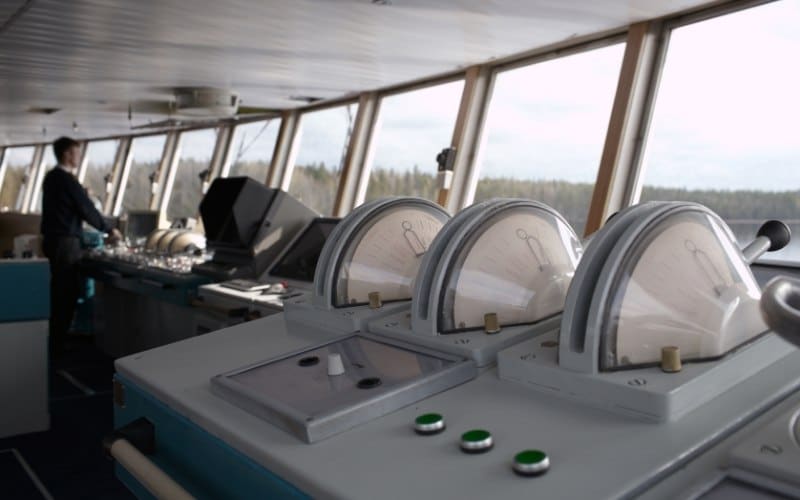
It is by keeping note of basic yet important things while working on board ship. Here are ten mistakes a professional seafarer should never want to make on ship.
1. Never follow Illegal or Irrelevant Orders
Whether you are a rating, an operational level officer, or a management officer controlling the ship’s operations, there will always be a boss ordering you from the top.
To avoid unnecessary trouble, make sure that you know all the important regulations of the sea including SOLAS, MARPOL, COLREG, ISPS, STCW etc.
Never oblige to an order which violates all these important laws as it may land you in prison and can even end your career. If you think that the orders asked to follow are dangerous for your ship or ship’s personnel, do clarify again with your seniors before proceeding.
Real Incident: It has been reported several times that people pump out bilges or throw garbage in sea when ordered by their superiors. Such activities have high chances of bringing both you and your superior to court or prison
2. Never Hide a Problem or a Mistake
Everyone makes mistake, and unless it is not repeated several times, it is usually forgiven. The same applies to every mariner on ships. If you make a mistake, of whatever kind, don’t hide; instead report it to your superior so that necessary steps can be taken immediately by the onboard team. Hiding mistakes can lead to bigger problems or emergency situations later on.
Real Incident: A ship’s duty engineer ignored a minor leakage from hot oil pipe as his watch was almost about to end. The motorman of the next watch met with an accident from the bursting of the same oil pipe causing burns. Moreover, the ship’s engine had to be stopped until the pipe was repaired.
3. Make Correct Paper Work Entries
In today’s shipping industry, documentation has become the primary concern for all shipping operators, who keep a track of each and every operation of the ship. These records are used as a proof for authorities that the ship is operating as per all international regulations.
It also helps them in tackling future problems (as the documents are used as references) and most importantly, they are used for insurance claim survey if any damage or accident occurs. Thus make sure that all the entries you make in your documents (e.g-Log books) are correct to avoid any mishaps in the long run.
Real Incident: Many officers enter wrong and manipulative readings/ records in the official log book, which is considered as the main reference for any operation on ships. This has lead to several fatal accidents and emergency situations in the past. Moreover, when in need, these false records can lead to wrong interpretation or cancellation of insurance money in case damage occurs to the ship.
4. Don’t Ignore Alarms – Every Alarm is a sign that Something is Wrong
Different types of alarms (audible and visual) are fitted onboard ships to warn crew members of any emergency, so that immediate actions can be taken to tackle the same. It does not matter if the alarm is genuine or just meant for a drill; one must treat every alarm as an emergency and act on the dedicated duties as soon as possible.
Don’t use your brain to judge a situation when an emergency alarm is given; just act! Sometimes even a second delay can lead to severe consequences and loss of life.
Real Incident: Once a vessel was crossing the Indian Ocean, which is considered a no pirates attack zone and a safe region. Suddenly a general alarm was heard. Some of the crew members thought it was a drill or some error in the alarm system. They were not spontaneous and delayed their duties. The ship was attacked by pirates and those who took the alarm seriously reached the Citadel safely whereas those who ignored were held as hostages by the pirates.
5. Don’t allow Anyone to Have Access to Your Cabin
Your Cabin in ship’s accommodation is your own private place and you are solely responsible for all the holdings inside it. Never allow any one (from ship or outside) to enter your cabin without your consent or presence.
Custom authorities of different countries have their own rules for carrying particular objects in their countries. If caught carrying object which is prohibited in a country, the ship can be held or arrested and you can land in prison or prosecuted.
Real Incident: An oiler kept three movie CDs containing adult material in an able seaman’s room without the consent of the later. This was done to hide them from customs of a particular country. When customs boarded the ship, they checked all the cabins and as per the rules arrested both the oiler and the AB for possessing such obscene material.
6. Don’t be a “Parcel Boy”
When joining a ship or signing off after finishing up a contract, you may be in a jolly mood and ready to help your mates. Sometime you may be asked (requested) to carry a parcel and hand it to his/her family or vice-versa. Never carry any such things from your crew members or their families without completely checking the parcel and knowing the custom regulations of the country you are flying to.
Companies and agents will be responsible only until you enter the airport, after that, it would be solely your responsibility. Hence avoid any kind of trouble to yourself and to the company.
Real Incident: A seafarer was once held at Singapore airport for taking extra liquor in a parcel handed to him by a crew member. He was fined for the act and also missed his flight due to the delay.
7. Never Get Involved in Physical Fights- Be Calm
On a ship there are people from different nationalities working together. This may sometime give rise to a conflict. Never make an issue big enough that it leads to physical fights. Such behaviour may lead to your suspension from sea career or imprisonment in some countries as per the severity of the matter. It is important to maintain your cool while working onboard as injury of any kind at mid sea can become dangerous because of non availability of special medical assistance.
Real Incident: A crew member was suspended after he got involved in a physical fight with his senior officer at a US port. Instead of reporting it to the management officers of the ship he took the matter in his own hand. Local law of the country imposed fine on the crew for this incident.
8. Don’t Drink and Drive – Not even a Ship
The basic rule on land applies to ships as well. Whether you work in the engine room or keep watch at the bridge, never carry out your duties under the influence of alcohol.
If you have been drinking or find that the person came to relieve you is in drunken condition, do not take over or allow him/her to take over the watch. Always make sure you follow drugs and alcohol policy of your company. Violation of this policy is a serious offence which can cost you two years of suspension from the job. Working in drunken condition can even lead to accidents and emergencies.
Real Incident: Under the influence of alcohol, a Master of bulk career MV Kathrina misjudged the course and ship ran aground on the Goodwin Sands in the Dover Strait. Master was prosecuted with one year of imprisonment.
9. Be on Time, Don’t Miss Your Ride
The ship is the only place you are safe. It is your temporary home when sailing in international waters. When you go for a shore leave, make sure you note down the shore leave expiration timings and also come back on time to avoid embarrassment of getting left behind and being a liability to the company.
Real Incident: It is very common practice to manipulate the ship’s departure timing with cargo loading schedule and not coming back on shore leave expiring time. Several incidences have been reported of seafarers getting left behind in a port or have delayed the ship causing financial loss to the company.
10. Ship is Not Your Private Property
When signing off from the ship, many professional seafarers take home ship’s property (from computers to printer stationary; yes it’s true!) along with their luggage. Such behaviour is not at all ethical as crew replacing you will need those resources to carry out daily operations of the ship after you are gone.
Selling of ship spare or bunker is another practice carried out for personal gain. Such activities can lead to suspension of your job, along with penalty and legal consequences under theft case.
Real Incident: A chief engineer was sent to prison for selling bunker of the ship and making illegal money from it for personal gain. The company registered the case against its own employee to make sure such incident is not repeated.
Being a professional seafarer means a good track record of work with correct attitude. Make sure you note the above mentioned practices to avoid unnecessary trouble.
So what practices do you follow to avoid trouble on ship? Do you have any advice for our seafarer?
You may also like to read – 10 Important Points of Useful Information For Seafarers
Disclaimer :
The information contained in this website is for general information purposes only. While we endeavour to keep the information up to date and correct, we make no representations or warranties of any kind, express or implied, about the completeness, accuracy, reliability, suitability or availability with respect to the website or the information, products, services, or related graphics contained on the website for any purpose. Any reliance you place on such information is therefore strictly at your own risk.
In no event will we be liable for any loss or damage including without limitation, indirect or consequential loss or damage, or any loss or damage whatsoever arising from loss of data or profits arising out of, or in connection with, the use of this website.
Do you have info to share with us ? Suggest a correction
Disclaimer :
The information contained in this website is for general information purposes only. While we endeavour to keep the information up to date and correct, we make no representations or warranties of any kind, express or implied, about the completeness, accuracy, reliability, suitability or availability with respect to the website or the information, products, services, or related graphics contained on the website for any purpose. Any reliance you place on such information is therefore strictly at your own risk.
In no event will we be liable for any loss or damage including without limitation, indirect or consequential loss or damage, or any loss or damage whatsoever arising from loss of data or profits arising out of, or in connection with, the use of this website.
Related Posts
Subscribe To Our Newsletters
By subscribing, you agree to our Privacy Policy and may receive occasional deal communications; you can unsubscribe anytime.




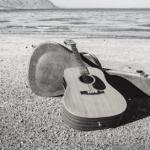
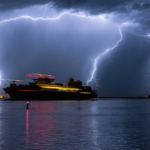




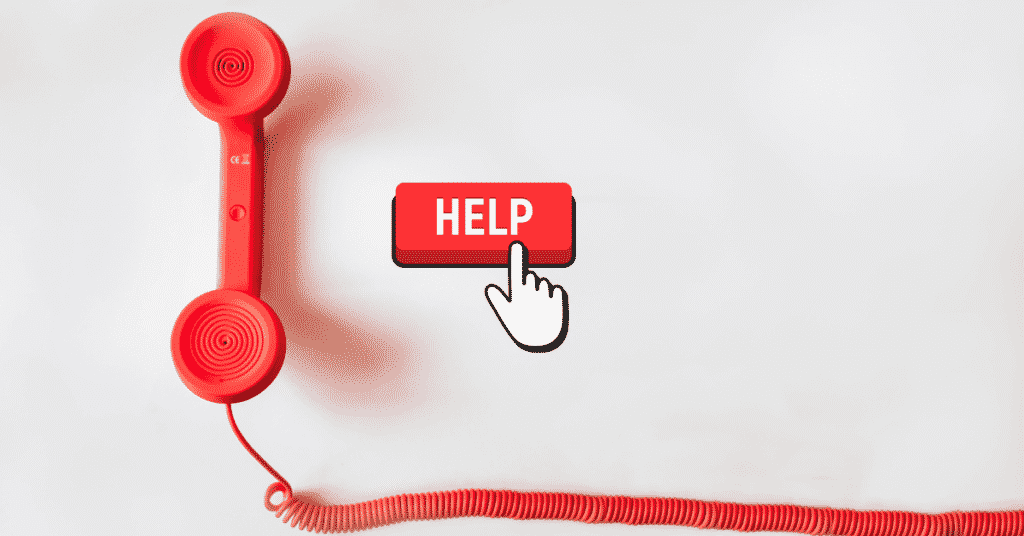


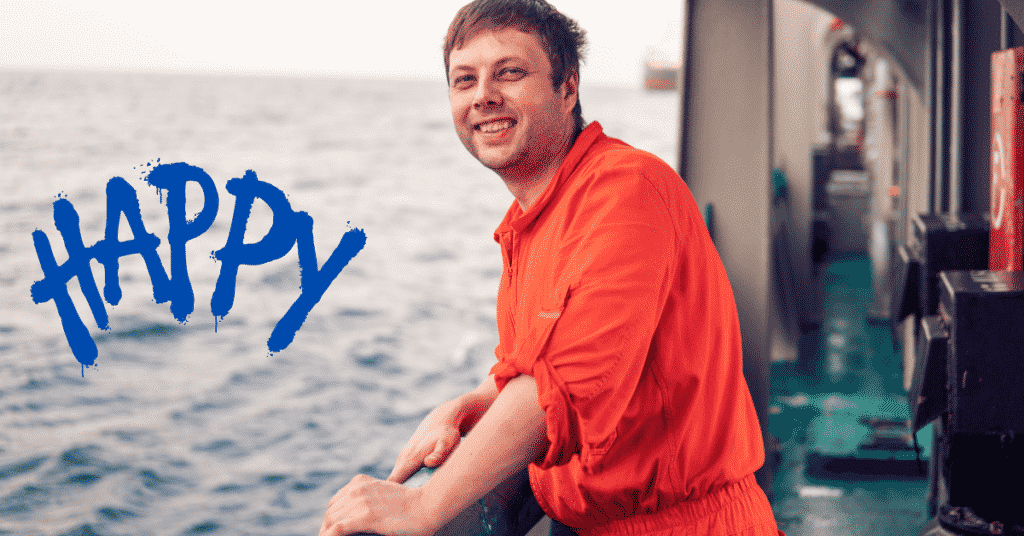


well said……………….
very much valuable………………
keep writing
thanks
nice,well organized taught for mariners especially, the freshers now going on board ship
Agree with above.but just give coment.why the company give salary to the engine department verry big difrent with bridge people.it was like engine people useless ,we were came frome same marine academy,spent the same time to study.but…in real stuation engine side always in 2nd place.i think this also need to evaluation.
Very well said. Things are changing fast with time.The senior seafarers need to take special care. What was a done practice for a long time is no longer valid.
Have observed that keys for a lot of cabins are not handed over to the Crew member when he joins the vessel. One must approach the C/O and obtain the key and keep his cabin locked when outside..
This is a good education. Thank you Marine Insight.
I’d like to know,if its safe to work nearby running radar mast..specially if its on monkey island where most of the active radar is put in place?
Am a mariner but still saching for a job onboard, it very important to not all does roles, when work onboard,i pray to be there as soon as possible, thank you
I’m happy to finally join de group
I’m a cadet still doing my program at maritime academy of Nigeria,Oron
When I was still sailing as Master, everytime I make a mistake on my decisions I wrote a near miss report against myself,and, I learned a lot as I started self analyzing my mistake or didn’t follow my instinct. Even the company I
worked with started questioning why I was making a report against myself but they really appreciated it. but often times it was because of commercial pressures – even the Safety Group concedes that often times these 2 sides clash and even the Safety Group bends over to the commercial side as they(commercial side) are the life blood of the company. But when the risk becomes unacceptable/unmanageable and not worth taking, as a Master I invoke my over riding authority and not even the Operations, the Safety Depts nor the DPA could do anything about it but stand pat on my decision.
Fighting on board the ship is not worthy… believe me, I have done it.
i really loves this facts i am also completing my pre sea training i also need the support of somr who tells goods things here…..and give support and engerougements to thank u i got more information from it thank u and i love my self more and also care yourself ok
Glad you find the info useful.
I am still a cadet at Pakistan marine academy .i am just sat thanks to marine insight for such a useful information
All the seafarers have to remember this important things always.
I am a third officer onboard 4 vsls and i experienced sailing diff. Nationalities i found out that most european’s have issues in races they looked down to you as if u dont know anything.which is wrong. Cause even if i knew that i was right and try to explain my part in a profesional and humble manner still he regects and neglects to listen. He seems offended and starting to brag on his position. Which is bad. Very bad. Then for me as a junior officer what ever he want then so be it its my duty to obey him as my senior. But being such a superior with that kind of attitude is not healthy onboard. Sorry to say but most of them europeans are racist.. too bad..
As a 2nd officer how I can lead a healthy life onboard. Have to get up 11:30p.m for 12 o’clock watch. Sleep comes only at 5 o’clock. Again get up at 10:45 a.m. for nooon watch. And work till 6:00/p.m. then have dinner and go to sleep so than I can get up at 11:30 p.m. help needed
How can a seaferer say no to a job ordered by the master and secondly by chief officer? even if they know it is wrong. if you say no then they will just give you a trashy appraisal and comments.then on next contract the company might not hire you again due to your appraisal report.maybe a captain must shoulder the risk and all the punishment.they know its wrong so why order it?they should rot to jail.
Sir , I started my cruiseline job in USA with Norwegian Cruise Line I done 3 contracts with this company, last time I can’t joined the time , then I applied cruiseline job another cruise line agency in Mumbai India,3 times rejected only one reason because my Bahamas CDC , only they are signed 2 contracts my 1 contract they are didn’t signed big negligence of Norwegian cruiseline side, they are didn’t replying my mail at this time please help me if you can
@Dileep: I will recommend contacting the manning or HR department of NCL. You can use social media for that purpose. We are not in the position to help you as we do not have any manning or placement department
Very informative..Could be very helpful and be use as reference for mariners…
@Armando: We are glad that the information is useful. We encourage fellow seafarers to share the information.
Don’t you think appraisal reporting systems onboard ships for its crew must not be done by master or chief engineer only like its done conventionally but shall be conducted by carrying out voting from all of the crew or by taking recommendations/views of every crew wrt concerned person. Since its a basic right of a person to be judged honestly either its shipping field or else. Iam talking seriously about appraisal reports because it really decides the upcoming opportunities for the concerned person. I shall welcome your thoughts about it.
Would it fine to bring my own PC? for leisure time?
Not a laptop, yes.
You can bring 🙂